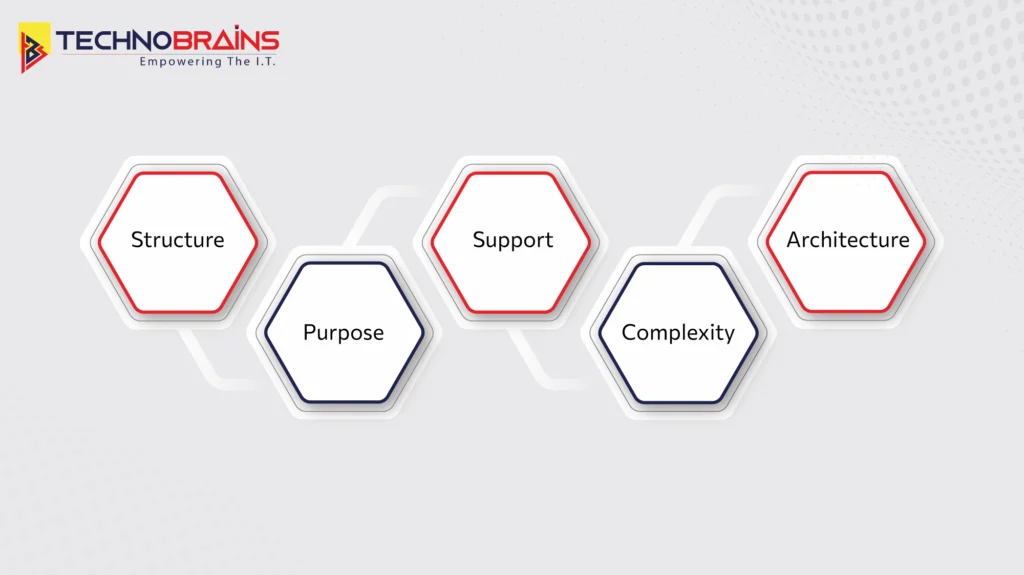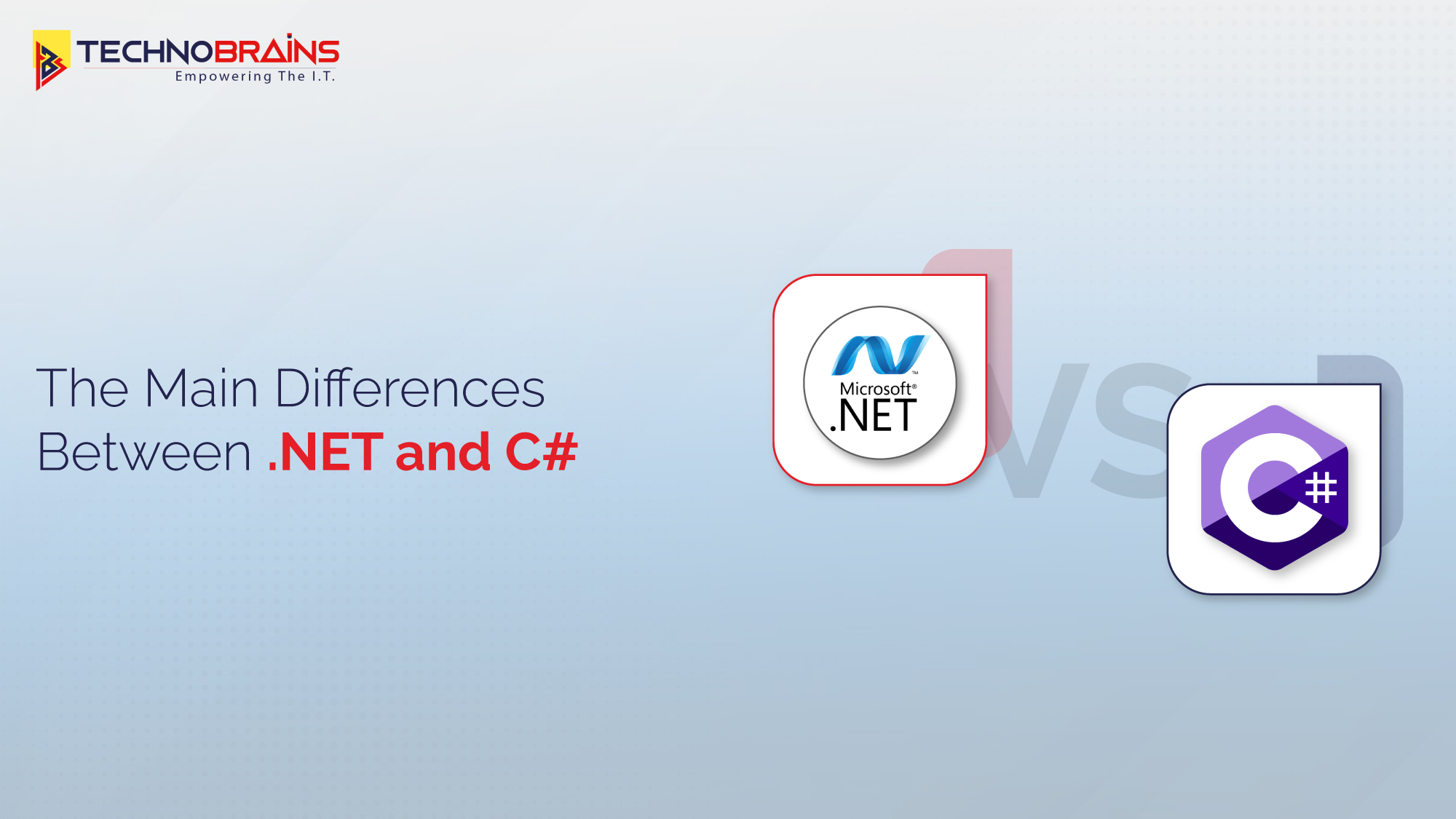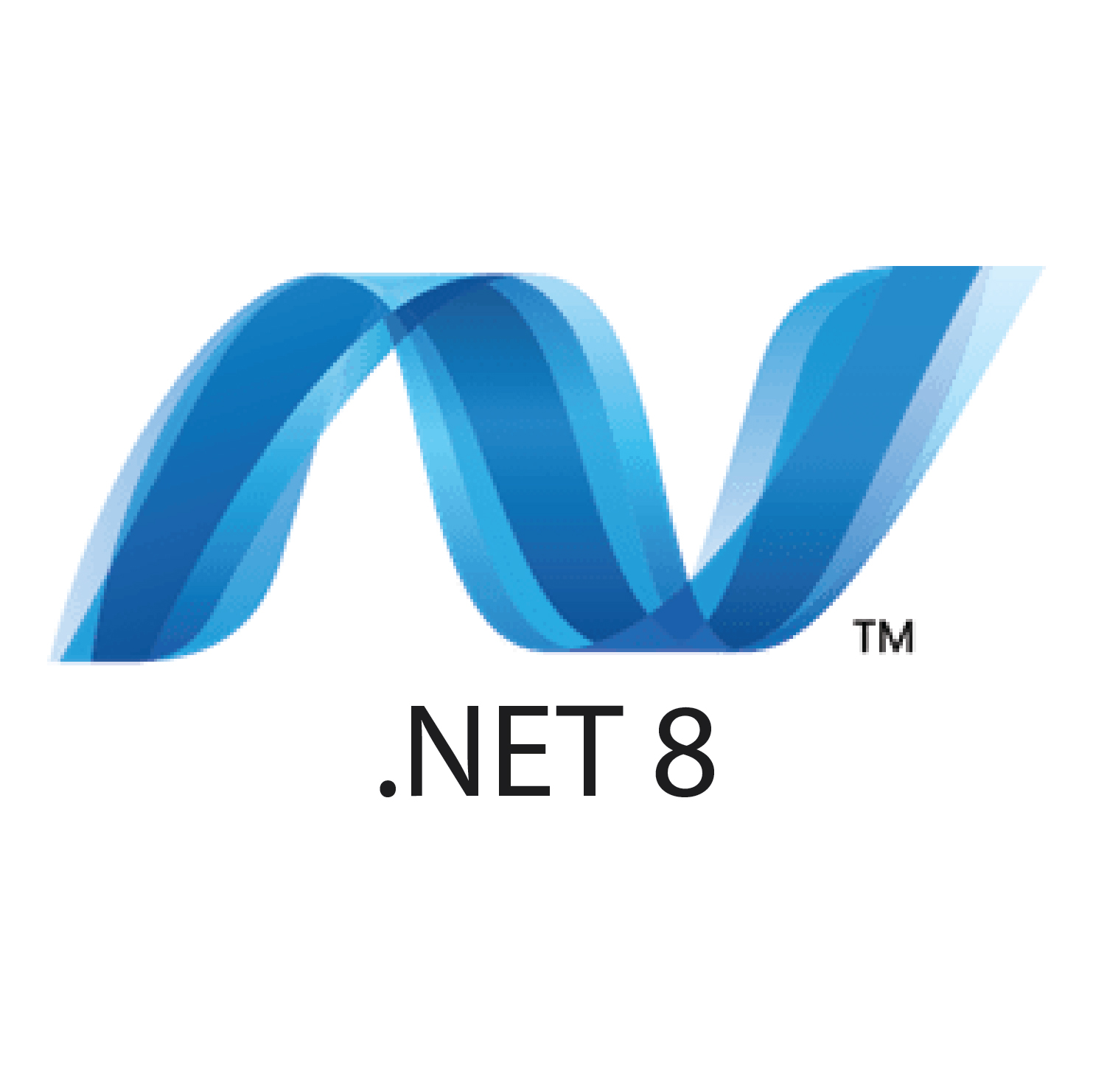In the realm of software development, knowing the key differences between two of the oldest and most widely recognized tech stacks, .NET and C#, has become a topic of interest for many.
While veterans in the field of IT experts might be able to recognize the difference between .NET and C#, individuals who are relatively new to it generally find it difficult. Similarly, companies sometimes struggle to choose between hiring C# or .NET specialists for their particular endeavor. Ultimately, determining what distinguishes one from the other is important in order to decide on the right technology for your needs.
The most basic contrast lies in their nature: .NET is a development framework, while C# is a programming language. In software engineering, both .NET and C# play distinct roles. To clarify things for you, let’s first understand each one separately, then compare .NET vs C#.
Read Also, 7 Latest .NET Development Trends for 2024
What is .NET?
.NET is an open-source software development platform created by Microsoft. It allows for building a diverse range of applications—including web, mobile, desktop, and IoT—using multiple editors, languages, and libraries. In one sentence, you can say that .NET provides a flexible framework for creating many types of software applications.
Because .NET is so adaptive and works with Windows, Linux, and macOS, it has become the preferred choice for developing software products of any sort, be they enterprise applications, consumer applications, cloud-based solutions, or even games. Visual Basic, C#, and F# are some of the many languages that operate with .NET.
What is C#?
C# is among the most powerful and popular programming languages worldwide, used for building anything from web portals to desktop and mobile apps to even video games. With its compatible nature with frameworks and .NET libraries, you can create your .NET software using C#. In addition, C# has its roots in Java and C++, making it easy for developers already familiar with them to learn C#.
Being an object-oriented programming language, C# executes code line by line and achieves maintainability, understanding, and reusability. It enables developers to create secure, robust, and highly scalable applications easily, making it ideal for large-scale development.
Fundamental Differences Between .NET and C#

Remember that C# and .NET are used in unison when you’re comparing the two. While C# is one of the programming languages used within the .NET framework, .NET itself is a framework. Let’s get started now by comparing .NET and C# for your better comprehension.
1. Structure
Although both .NET and C# are made by Microsoft, .NET is a framework, while C# is used as a programming language in .NET like F# and Visual Basic. .NET has a variety of libraries, and C# is one of them. The structure of C# is somewhat similar to that of Java. For instance, C# uses curly brackets and semicolons to make a distinction from the statement. In the case of .NET, conditional statements like ‘if’ and ‘end if’ are used to distinguish between statements.
2. Purpose
.NET serves as a flexible development framework that aids in creating a broad spectrum of software products, such as desktop apps, mobile apps, and even machine learning models. With C#, you can construct games, mobile apps, web-based software, cloud applications, and desktop applications.
3. Support
As .NET and C# are created by Microsoft, both receive regular support from Microsoft. In addition, as both tech stacks are open-source, they also receive extensive support from the respective developer communities.
4. Complexity
Professional developers of Java and C++ can pick up C# with ease, but because .NET comprises multiple languages and modules, it is more difficult to learn than C#.
5. Architecture
.NET is a development platform that includes the tools needed to build and run applications. A key part of .NET is the Common Language Runtime (CLR), which basically executes and runs code written in any .NET-compatible language, including C#. It also looks after memory management, security, and managing multifarious tasks simultaneously. On the other hand, C# itself is a programming language that finds its basic architecture on .NET. Developers can use C# to write the instructions and define any application’s logic. This code is later compiled into a format the CLR understands and executes within .NET.
Read Also, 10 .NET Development Tools You Must Have in Your Toolkit
.NET vs C#: The Conclusion
In conclusion, .NET is a versatile framework where C# is employed as a programming language. Both .NET and C# have their own features and strengths, which distinguish one from the other. When comparing .NET and C#, it is clearly visible that both are essential to the software development landscape and help in creating amazing applications.
So, whether it’s an aspiring developer or a corporation looking to pick between .NET and C# for their software creation endeavors, it is vital for them to understand the key distinctions between both technologies by conducting pertinent comparisons and studies. Knowing the differences between .NET and C#, you can choose the right software technology more easily.
If your company is looking to hire .NET developers or C# professionals, TechnoBrains is your ideal partner. Our proficient developers can design and build your applications that align with your thoughts. Get in touch with us today!









